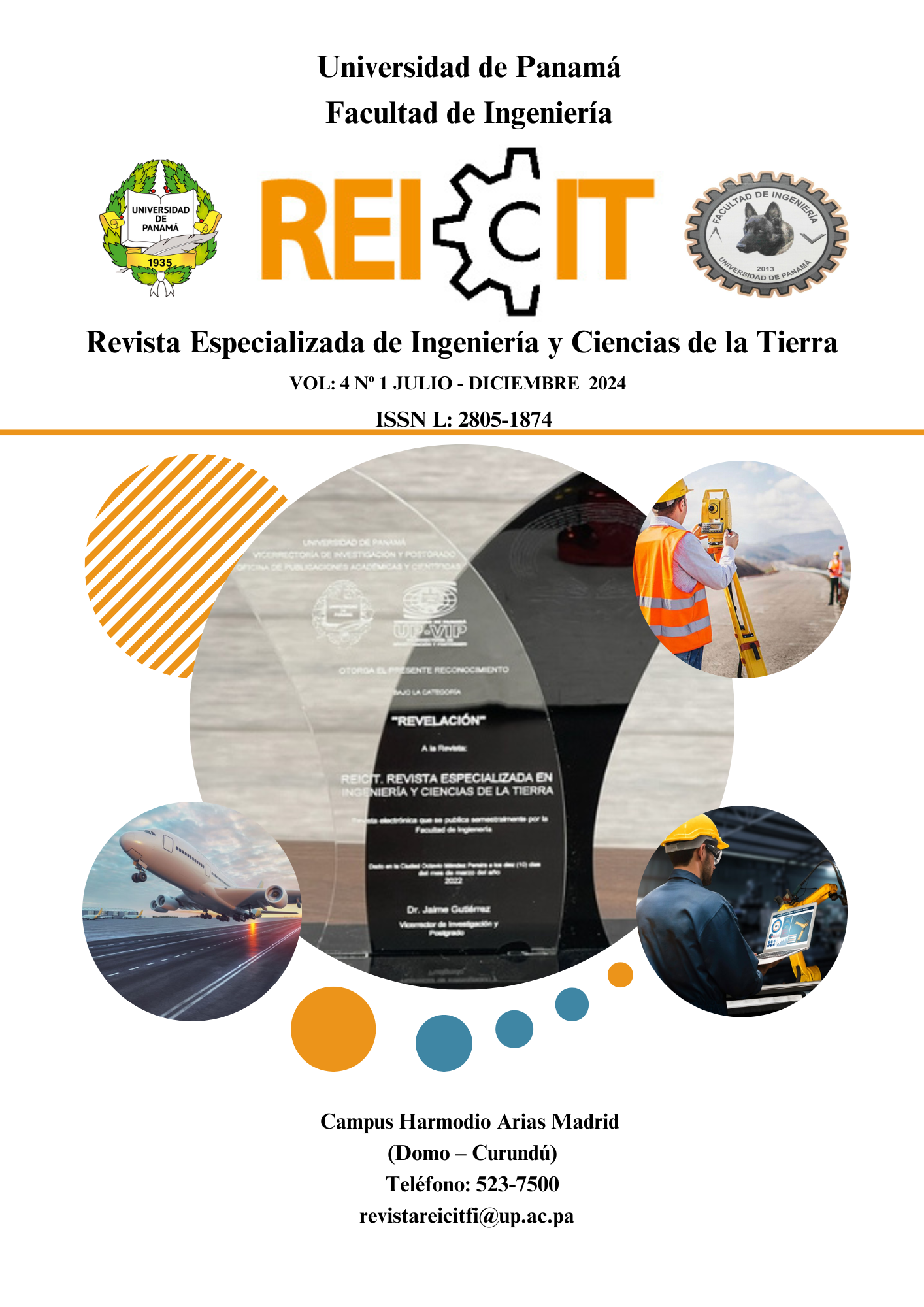

Copyright (c) 2024 REICIT

This work is licensed under a Creative Commons Attribution-NonCommercial-ShareAlike 4.0 International License.
Gastropods (Mollusca: Gastropoda) include slugs and snails, which represent one of the most diverse groups in the animal kingdom with more than 100 thousand known species around the world and occupy different habitats. Some are pests in various horticultural crops, the main economic activity in Cerro Punta, Tierras Altas district, Chiriquí, Panama. This work is a systematic bibliographic review on the integrated pest management (IPM) alternatives available for the control of gastropods, with an approach oriented to the sustainability of the agroecosystem; such as the use of baited traps, physical barriers, repellents and applications of low-risk products. To do this, a total of 51 references related to the topic and published mostly during the last 10 years were consulted; which were located through platforms such as Google Scholar and ResearchGate. To reinforce the theoretical content, original images taken in the field during the beginning of rainy season (April – May) are presented and six interviews were conducted on control alternatives for these pests; being lettuce, celery and cabbage the vegetables commonly affected. In conclusion, the available IPM alternatives applied responsibly against gastropods can contribute to the significant reduction of negative impacts on the environment and on human health, giving the opportunity for the functional biota present in the agroecosystem to act through natural biological control of these organisms. It is necessary to continue researching the matter, so that farmers can have better agrotechnologies.